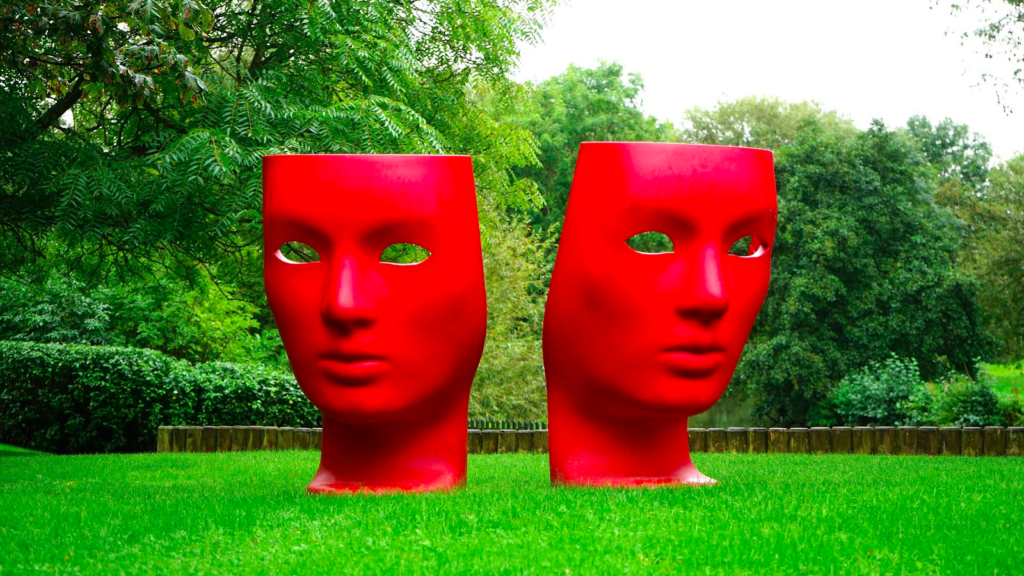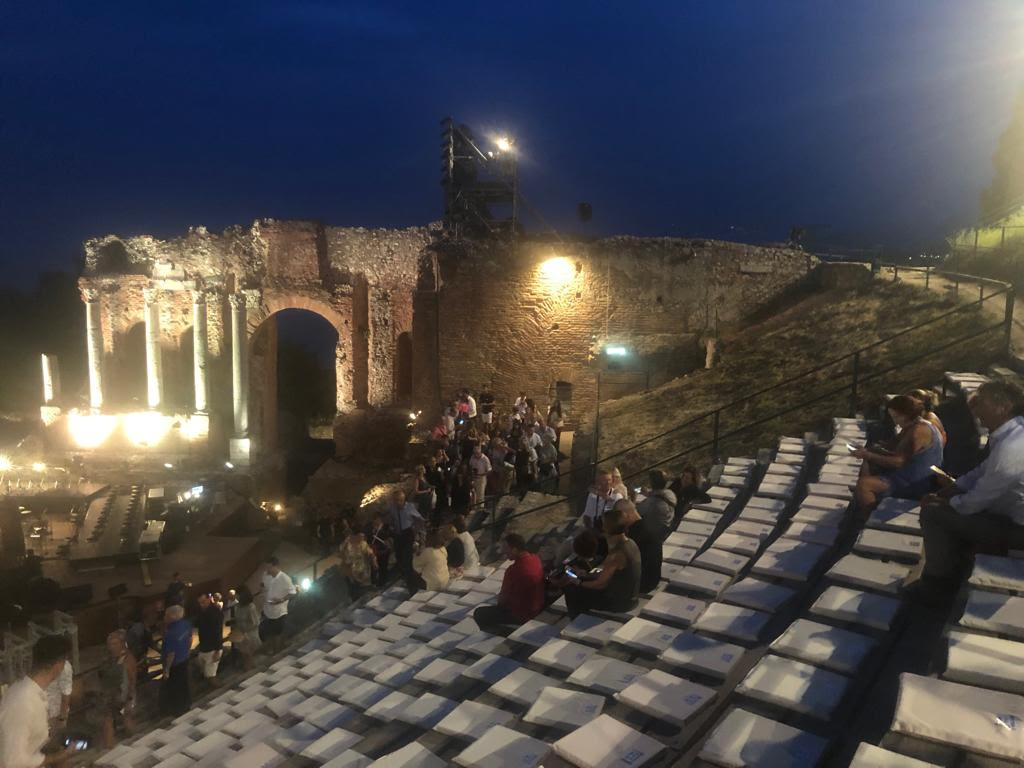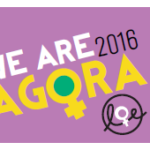With only about 0.5% of recorded history written by women, we must continue to support and fund female voices to create and tell their stories – especially those documenting experiences of the pandemic.
Header pic: ‘Intersectional Feminism’ by Claire Watson (TW @ClaaireeW)
As we look towards the light at the end of the tunnel and life after vaccination, there has been much debate about how history will look back on these strange times we find ourselves in. The more inconvenient question that accompanies this is: who exactly will be writing this ‘history’?
To date, only about 0.5% of recorded history has been written by women, a statistic attributed to the work of Dr. Bethany Hughes. Despite women accounting for 50% of the population, the lens through which we learn about events of the past has largely been coloured by a male perspective.
Herstory
In the 1970s, the term ‘Herstory’ was coined for presenting history from a feminist viewpoint or with special attention to the experience of women. In June 2020, Beyoncé’s song ‘Black Parade’ made a rhythmic riff on this offshoot term: “I can’t forget my history/ is her story, yeah”
Female voices deserve to account for far greater than 0.5% of the stories of tomorrow, in both fact and fiction.
Outside of academia, ‘the Arts’ house a great deal of the world’s stories across various media, including theatre. The problem of gender equality has also existed with regards to stories written for the stage – a problem addressed by the #WakingTheFeminists movement in Irish theatre. This is an industry sometimes perceived as being less serious than other professional endeavours – perhaps due to ‘play’ in our vocabulary being a direct opposite to the concept of ‘work’ in a capitalist society.
In terms of our current relationship with work, on the one hand there has been a colossal effort to combat the COVID-19 virus. Globally, women are overrepresented on the frontline, accounting for 70% of health workers and first responders. On the other hand, work has been put on pause or interrupted for many. Women are shouldering the economic and social burden, with 40% of all employed women based in the hardest hit sectors, including entertainment, compared to 36.6% of employed men.
For those of us not on the frontlines, countless downtime hours have been whiled away at home, social distancing. How many of us have escaped into the stories captured in novels, into the beauty of poetry, into the magical realms of TV and film? While stories can educate and instruct, they can also provide immeasurable value in the form of comfort, company and consolation.
Storytelling through Theatre
Theatre, one of the oldest forms of storytelling, can serve as a mirror that reflects back the truth of a social situation. But how accurate is that picture if wide swaths of experiences are left overlooked?
Irish theatre has had a new emphasis on equality in years, spurred on by that #WakingTheFeminists movement highlighting problems of gender balance. Druid, a Galway-based theatre company, recently championed two productions of work both written and directed by female artists, despite physical theatre venues being closed due to public health guidelines. The first took place in an open-air venue, and the more recent virtual play was live-streamed to audiences. While I was blown away by these performances, I was left with a feeling of guilt that I couldn’t remember the last time, pre-pandemic, I had seen a play both written and directed by women, and furthermore that we still live in a moment where this seen, evidently, as a remarkable thing.
It is so important that these stories of loss and resilience from the viewpoint of women are written and funded: they will be an essential tool for future generations to gain insight into how we coped and lived through lockdown/quarantine situations.
The importance of female-identifying voices in storytelling today is two-fold: we need these perspectives in order to achieve parity in the stories we consume. It is totally understandable that at present, contemporary audiences may prefer escapism through fantasy or fiction – as opposed to watching real-time a portrayal of the collective trauma we are now trudging through. However, we do need these voices to document the experiences of suffering and overcoming challenges posed by the COVID-19 crisis.
It is so important that these stories of loss and resilience from the viewpoint of women are written and funded: they will be an essential tool for future generations to gain insight into how we coped and lived through lockdown/quarantine situations. Public support for storytelling as an art form will provide more nuance than social media posts or video recordings – quick-fire formats that may capture the facts in 2D, but not the spectrum of emotions or wider cultural context of the pandemic.
Theatre, outside of being a whole universe unto itself, is also often responsible for spawning further creations for TV or film. One of the most lauded miniseries of recent times, ‘Fleabag’ by Phoebe Waller-Bridge, started off as a one-woman show. Obviously not every artistic endeavour will gain Hollywood-award levels of success enjoyed by Fleabag, and many projects need both public and private funding support in order to get off the ground.
Funding
The EU has pledged to support artists and the creative sector during the coronavirus crisis, but it is no secret that resources will be stretched in the recovery plan for Europe and there is little to no support targeted at female creators. Research has highlighted that women’s jobs are 1.8 times more vulnerable to this crisis in comparison to their male counterparts, with women constituting 39% of global employment but accounting for over half of total job losses. Moreover, the increased burden of unpaid care has disproportionately impacted women. This suggests that there should be targeted measures to level the playing field for women in all sectors of employment, including the Arts, in addition to efforts at closing the gender pay gap.
In the words of theatremaker Mary Moynihan from the ‘Women in an Equal Europe’ project: ‘There are incredible women’s stories that deserve to be acknowledged by a wider audience….creating connections to women’s lived experiences from the past and how they influence us today’. Female voices deserve to account for far greater than 0.5% of the stories of tomorrow, in both fact and fiction.





![“Both women and men can be sexist!” – “Jeder und jede kann Sexist sein” [EN/DE]](https://www.youngfeminist.eu/wp-content/uploads/2016/06/image-150x150.jpg)

Average Rating